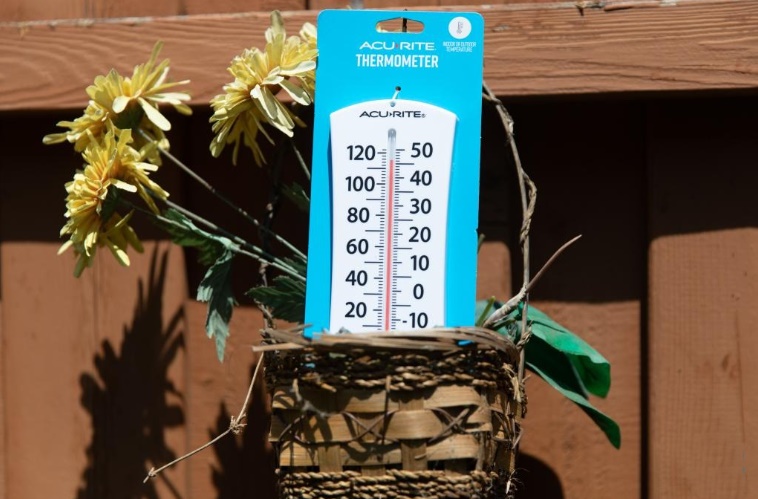
In Webb County, southern Texas, medical examiner Corinne Stern said that 11 residents over the age of 60 have died due to the abnormal heat, reports Xinhua news agency.
“This is heat like we’ve not seen here before,” said Stern,
“Deaths due to heat stroke are ruled as accidents, and accidents, by definition, are preventable deaths. All these deaths could have been prevented.”
A 14-year-old boy from Florida died of heat-related fatigue in Big Bend National Park in Texas, when temperatures there rose to 48 degrees Celsius, the second-highest mark ever recorded in the state.
Also among the confirmed victims were a 17-year-old hiker, a utility lineman, a postal worker all from Texas and two residents in the coastal state of Louisiana, local media reported.
A Texas Tribune report said that since the heat wave gripped the state, at least nine inmates, including two men in their 30s, have died of heart attacks or unknown causes in prisons lacking air conditioning.
It has been 11 years since the state’s prison system last classified a death as heat-related.
According to Stern, the number of heat-related deaths also rose near the US-Mexico border in the past few weeks.
Five bodies have been found since last week in a desert close to the Mexican border and near human smuggling zones in the Sunland Park area, New Mexico, the El Paso Times reported.
It is unknown whether the bodies are those of migrants.
The US National Weather Service forecast temperatures will likely reach 43 to 46 degrees on Thursday and Friday in Texas as the heat spreads into Arkansas, Louisiana, Kansas and Oklahoma.
More than 150 heat records could be broken during the next six days.
Power use in Texas hit an all-time high on Tuesday and is expected to set a new record in the coming days, said the Electric Reliability Council of Texas, which is in charge of the state’s grid.
More than 120 million people in the US were under various heat safety alerts on Wednesday, according to heat.gov, the web portal for the country’s National Integrated Heat Health Information System.
Climate change is widely blamed for causing heat waves to be more intense, longer-lasting and more frequent.
–IANS
ksk
